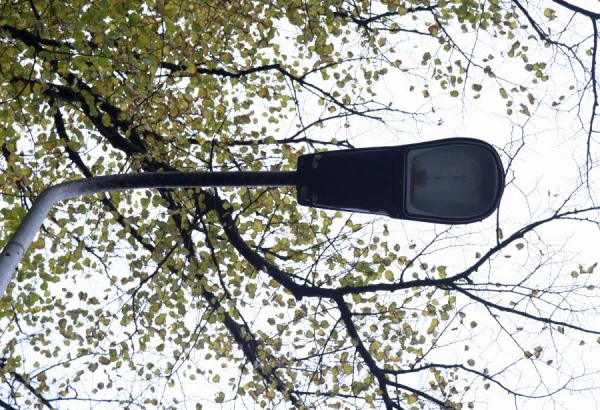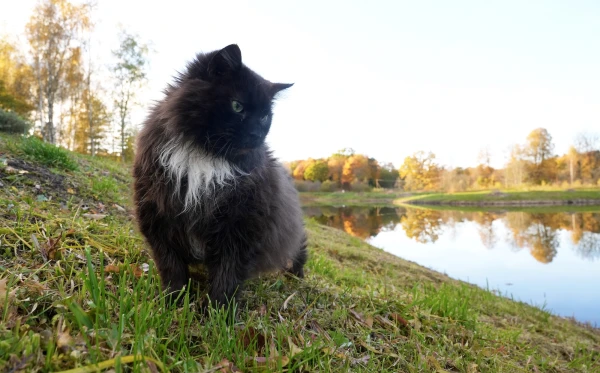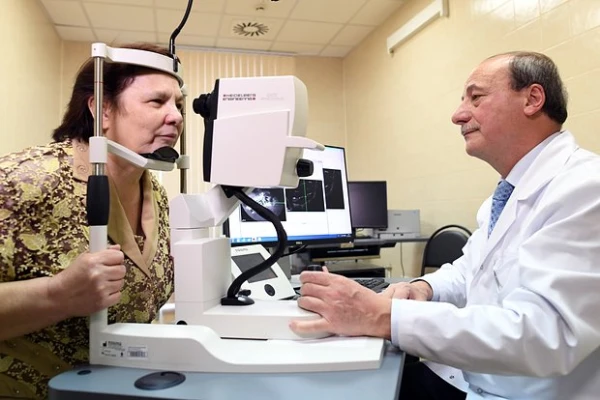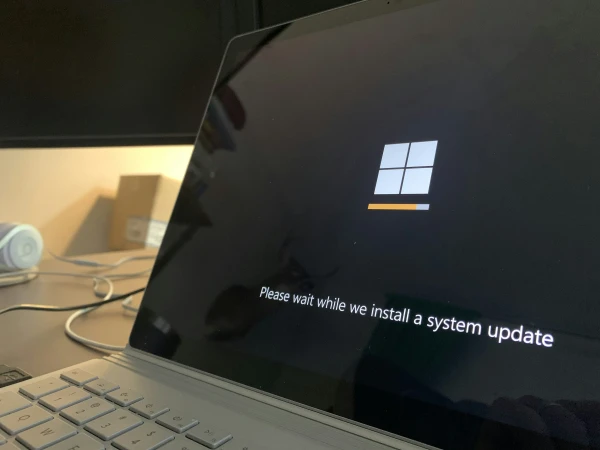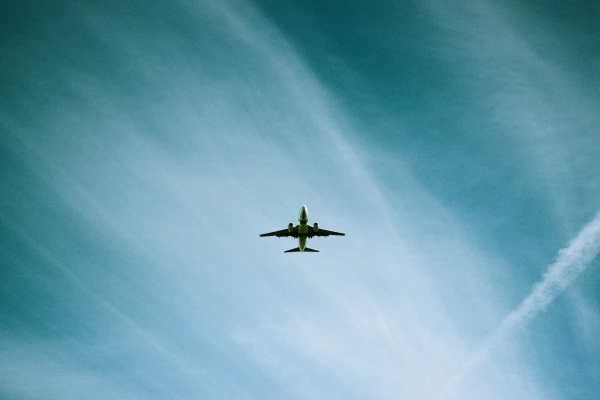
In case of a threat, Latvia's airspace can be closed very quickly, said David Taurins, chairman of the board of the State Joint Stock Company "Latvian Air Traffic" (LGS / Latvijas gaisa satiksme), in an interview with LETA.
He emphasized that LGS, together with the National Armed Forces (NAF), has developed appropriate procedures for establishing no-fly zones. "But in different zones, there may be different conditions — depending on the size of the aircraft, altitude, geographical area, location, and so on," added Taurins.
He also explained that the decision to close the eastern border at night has been made under certain conditions.
"One of the most important conditions that may affect this is the flight altitude. The airspace is closed up to an altitude of six kilometers, which means that below six kilometers, no one can fly except for special aviation. At the same time, commercial aircraft fly higher, so this does not affect commercial aviation," Taurins explained.
In response to a question about the role of LGS in developing a drone protection system, Taurins pointed out that one of the directions is close cooperation with Riga Airport and law enforcement agencies to minimize the negative impact of drones on airport operations and air traffic. He emphasized that according to regulations, LGS equipment is part of critical infrastructure.
"There are two aspects here. One is detecting drones. The second is to determine how dangerous the drone is, and if it does pose a threat, to deactivate it. In this area, close cooperation with the airport and law enforcement agencies has been established. Recently, people operating such aircraft have increasingly been under the control of law enforcement institutions," explained the head of LGS.
He added that the airport security service plans to be very actively involved in the possible process of deactivating drones, while emphasizing that this does not concern combat drones. He summarized that there are various ways to address these issues using electronic means, but coordination is necessary to avoid affecting the operations of commercial aircraft and navigation equipment.
LETA has already reported that as part of the ongoing restrictions in Latvia's airspace in the area of the eastern border with Belarus and Russia, a ban on flights during nighttime — from 20:00 to 7:00 — continues to be in effect from October 8, 2025, until further notice.
The decision to partially close the airspace at night was made considering cases of airspace violations in other NATO countries, as well as the fact that these restrictions allow the NAF to monitor the airspace more closely, conduct simulations using drones and anti-drone systems, and deploy and train mobile combat units.
Restrictions on the use of airspace were introduced after several Russian strike drones invaded Polish airspace, of which those posing a direct threat were shot down.
LGS is a 100% state-owned enterprise whose task is to provide airspace users with aeronautical services.



